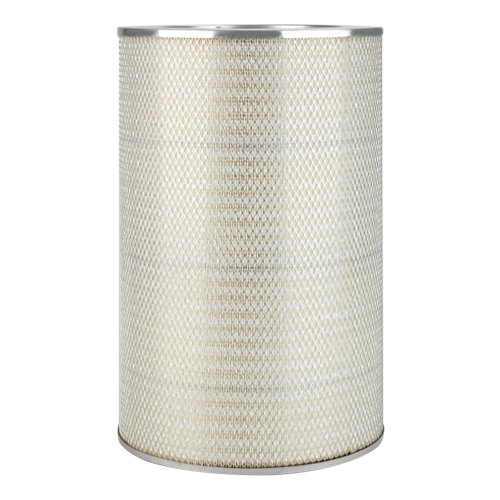Diesel Particulate Filters
A Diesel Particulate Filter, commonly referred to as DPF, is an indispensable component of the modern diesel engine system. The primary function of the DPF is to reduce harmful pollutants emitted by diesel vehicles. It performs this function by trapping particulate matter such as soot and ash, which are unavoidable byproducts of diesel combustion. Therefore, the DPF serves as a significant contributor to environmental protection initiatives as it helps in combating exhaust emissions, thereby leading to cleaner air quality.
The DPF operates by physically filtering soot particles from the exhaust gas. It also stores these soot particles and periodically incinerates them to ash during a process called 'regeneration'. This captured matter is then converted into innocuous CO2 through continuous exposure to high exhaust temperatures.
Although DPF is noted for its high efficiency in particulate matter capture, the diesel particulate filter requires regular maintenance to ensure optimal functionality. Over time, the accumulation of ash may reduce its efficiency, warranting regular manual cleaning or replacement.
By ensuring the reduction of the negative environmental impact of diesel emissions, a DPF establishes itself as a key player in efforts towards achieving cleaner combustion processes within the diesel industry.



